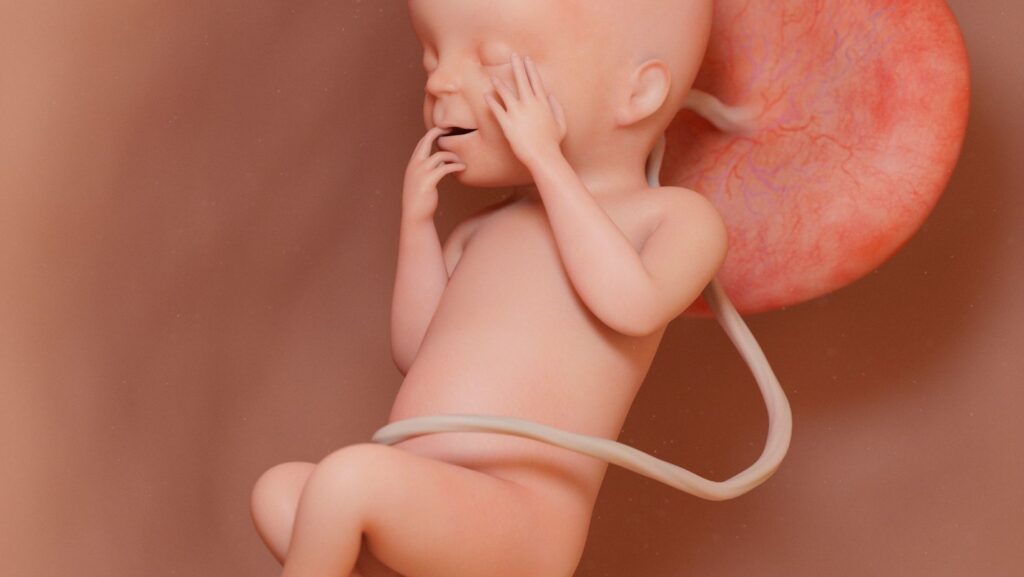What are Pregnancy Symptoms at 3 Weeks
What are pregnancy symptoms at 3 weeks At three weeks pregnant, you may not yet be aware of your pregnancy. Most women discover they’re expecting around week four or five, when their period is missed. However, some early signs and symptoms can start as soon as the fertilized egg implants in the uterus.
During this early stage, common signs like fatigue and tender breasts might begin to appear. You could also experience light spotting or cramping as the embryo embeds itself into the uterine lining. It’s important to note that these symptoms can vary greatly from person to person.
While it’s possible to notice certain changes at three weeks pregnant, what are pregnancy symptoms at 3 weeks such as heightened sense of smell or mood swings, many women may not exhibit any noticeable symptoms this early on. Every pregnancy is unique, and individual experiences can differ widely. If you suspect you might be pregnant but are unsure, taking a home pregnancy test after a missed period is often the most reliable way to confirm your suspicions.

Understanding Pregnancy Symptoms at 3 Weeks
Navigating the early stages of pregnancy can be filled with uncertainty, especially when it comes to recognizing the subtle signs that emerge as early as 3 weeks into gestation what are pregnancy symptoms at 3 weeks. At this point, the embryo is implanting itself within the uterine lining, triggering hormonal changes that may manifest in various ways. Although each woman’s experience can differ, there are some common symptoms to watch for during this critical period.
One key indicator of pregnancy at 3 weeks is often MILD BLEEDING OR SPOTTING, known as implantation bleeding. This light pink or brown discharge occurs as the fertilized egg attaches to the uterus and is typically lighter than a regular menstrual flow. Additionally, BREAST TENDERNESS and SWELLING may occur due to hormonal fluctuations preparing the body for milk production. Some women also report FATIGUE or increased tiredness as their metabolism shifts to support the developing fetus.
Moreover, NAUSEA or morning sickness can start around week 3 for some expectant mothers but might not be experienced by all women this early on. Changes in appetite and heightened sensitivity to certain smells are other common symptoms that could begin emerging during this stage of pregnancy. It’s important to note that these signs can vary widely among individuals and may fluctuate in intensity throughout the first trimester.
While experiencing these symptoms at 3 weeks could indicate pregnancy, it’s essential to confirm with a HOME PREGNANCY TEST or visit a healthcare provider for a definitive diagnosis. Early prenatal care plays a crucial role in ensuring both maternal and fetal well-being from the earliest stages of gestation onward. Monitoring any unusual symptoms closely and seeking medical guidance promptly can help manage potential concerns proactively.
In conclusion, being mindful of your body’s signals and staying attuned to any unusual changes can aid in identifying potential pregnancy symptoms at 3 weeks. Remember that every woman’s journey through early pregnancy is unique, so consulting with healthcare professionals for personalized advice is always recommended for accurate guidance and support during this transformative time.

Changes in the Body
At 3 weeks pregnant, changes in THE BODY may not be overtly noticeable, but significant transformations are happening internally. Here’s what to expect:
- Implantation: During this time, the fertilized egg attaches itself to the uterine wall. This process, known as implantation, can sometimes cause light spotting or cramping.
- Hormonal Surge: The body starts producing more human chorionic gonadotropin (hCG) hormone, which is responsible for signaling the corpus luteum to continue producing progesterone crucial for sustaining pregnancy.
- Breast Tenderness: Some women may experience increased sensitivity or fullness in their breasts as hormonal changes begin preparing the body for breastfeeding.
- Fatigue: Feeling unusually tired is common as your body adjusts to supporting a developing embryo. Listen to your body and rest when needed.
- Heightened Sense of Smell: You might find certain smells more intense or even unpleasant than usual due to heightened olfactory sensitivity triggered by hormonal shifts.


